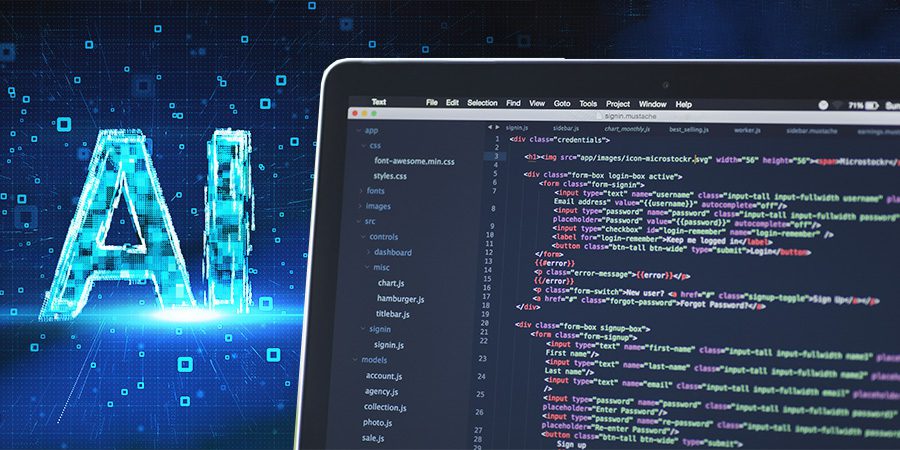In this article, we’ll look at the reasons behind the growing threat open source AI researchers pose to tech giants Google and OpenAI, as revealed in a leaked document.
Key Takeaways:
- Google and OpenAI have been focusing on their competition, overlooking the rise of open source AI researchers.
- Open source researchers are developing powerful AI technology at a fraction of the cost and time spent by large companies.
- The size and complexity of Google and OpenAI’s AI systems may be hindering their progress.
- Open source AI research could render the “responsible release” approach less effective.
- Open source AI models are becoming faster, more customizable, more private, and more capable.
Open Source AI: An Unexpected Competitor
It seems as if the world of artificial intelligence is being turned on its head.
Recent revelations from a leaked document have shown that tech giants like Google and OpenAI are facing a new competitor in the AI landscape: open source AI researchers.
These researchers, who work collaboratively via the internet, are challenging the dominance of large companies in the field of AI.
The leaked document has revealed that both Google and OpenAI have been preoccupied with their rivalry, while neglecting the rise of open source AI researchers.
This oversight has allowed open source AI to emerge as a potent force in the industry, bringing new perspectives and approaches to the table.
The Cost and Speed Advantages of Open Source Research
One of the most compelling aspects of open source AI research is its cost-effectiveness.
According to the leaked document, open source researchers are capable of accomplishing tasks with just $100 that would cost Google millions.
Furthermore, these researchers are achieving these results within a matter of weeks, as opposed to the months it takes large companies to develop similar AI technology.
This stark difference in cost and time efficiency gives open source AI a significant advantage over its corporate counterparts.
The Drawbacks of Big Tech’s AI Systems
The leaked document also highlights several drawbacks in the AI systems developed by Google and OpenAI.
One of the primary issues is the size and complexity of these systems, which can hinder their progress.
The large-scale AI models created by these companies can be difficult to update quickly due to their intricate nature.
This means that they are often left behind as open source AI researchers continue to innovate at a rapid pace.
Responsible Release vs. Unrestricted Access
Another point of contention within the AI community is the concept of responsible release.
Google and OpenAI have been cautious in their approach to releasing AI technology, ensuring that systems are safe and secure before making them available to the public.
However, the leaked document warns that this approach may be becoming outdated.
Open source AI researchers are making their work freely accessible on the internet, with no restrictions on use.
This unrestricted access to AI technology could pose a challenge to the responsible release approach, as people may be less inclined to pay for restricted access to AI systems when free, unrestricted alternatives are available.
Closing the Gap: Open Source AI Advancements
As open source AI researchers continue to make strides in their work, the gap between their technology and that of big tech companies is narrowing.
The leaked document notes that while Google and OpenAI’s models still hold a slight edge in terms of quality, open source AI models are catching up quickly.
These open source models boast a range of advantages, including faster processing, increased customizability, enhanced privacy, and greater overall capabilities.
As a result, open source AI is becoming an increasingly viable contender in the race for AI supremacy.
In light of these advancements, the leaked document urges tech giants like Google and OpenAI to adapt their strategies and collaborate with the open source community.
Failure to do so could result in a significant shift in the AI landscape, with the once-dominant players losing ground to their new open source rivals.
Conclusion
The emergence of open source AI as a formidable competitor in the AI industry serves as a wake-up call for tech giants like Google and OpenAI.
By acknowledging the growing influence of open source researchers and reevaluating their strategies, these companies can work to maintain their position at the forefront of AI innovation.
However, if they continue to overlook the potential of open source AI, they risk being left behind as the industry evolves and new challengers rise to prominence.
 Sections of this topic
Sections of this topic
















